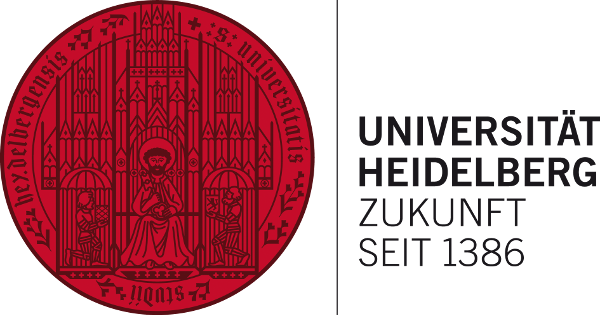Heidelberg University: EINC Research Building is being officially inaugurated
The European Institute for Neuromorphic Computing building took five years to construct on the Im Neuenheimer Feld campus. It provides research and work areas for scientists from the Faculty of Physics and Astronomy, the STRUCTURES Excellence Cluster and the new Faculty of Engineering Sciences, who are engaged in developing and establishing novel computer technologies and designs based on fundamental principles of physics. In cooperation between various disciplines, new hardware models are emerging with different technology platforms relying on high-end analogue electronics, modern integrated optics and highly controlled quantum systems. One of the main emphases will be on neuromorphic computing developed on the basis of electronic systems as part of the European Human Brain Project. The aim is now to open up a new dimension with modern optical systems. Here innovative physical models of neuronal circuits will replace the established principles of conventional computers. The new EINC building, with a work area of approximately 2,200 square metres, constitutes a dynamic setting for developing future computing architectures.
Half the construction costs for the new EINC building, amounting to 20.8 million euros, come from the European Regional Development Fund (ERDF) via the Baden-Württemberg Ministry of Science, which has contributed a further two million euros. A total of six million euros to secure the financing of the research building has come from three private donors. Entrepreneur Dr Hans-Peter Wild, an Honorary Senator of Ruperto Carola, has supported the new infrastructure with three million euros, while the Klaus Tschira Foundation and Dietmar Hopp Foundation have each contributed 1.5 million. Their financial engagement to promote the innovative potential of research is “of exemplary significance”, according to the state and the university, which itself contributed over two million euros from its own resources.
Opening the ceremony to officially inaugurate the new research building will be Marco Grübbel, Director of the state company Vermögen und Bau Baden-Württemberg Amt Mannheim und Heidelberg. Finance Minister Dr Danyal Bayaz and Science Minister Petra Olschowski will then address the gathering. Greetings will follow from the Rector of Ruperto Carola, Prof. Dr Bernhard Eitel, and Prof. Dr Nicole Marmé as city councillor as well as Prof. Dr Markus Oberthaler from the Kirchhoff Institute for Physics, who will also speak for the scientists at the European Institute for Neuromorphic Computing. After the symbolic hand-over of the key there will be an opportunity to tour the new building.
The European Institute for Neuromorphic Computing goes back to the research of Prof. Dr Karlheinz Meier. The Heidelberg experimental physicist, who died in 2018, was one of the initiators of the Human Brain Project launched nearly ten years ago. This is a “FET Flagship” initiative for pioneering technologies started by the European Commission for long-term, large-scale research collaboration. Since 2013, experts from different disciplines have been working in this major project at the interface of neurosciences and technology, aiming to achieve an in-depth understanding of the complex structure and function of the human brain. A central research instrument for this is the Technology Platform for Neuromorphic Computing, to which Prof. Meier made a substantial contribution. The system plays a central role in emulating learning and development processes, which, in turn, form the basis for developing cognitive computers for machine-learning applications.

